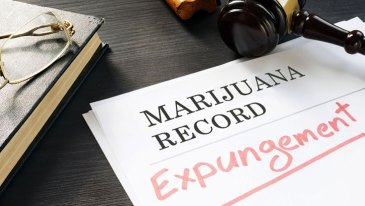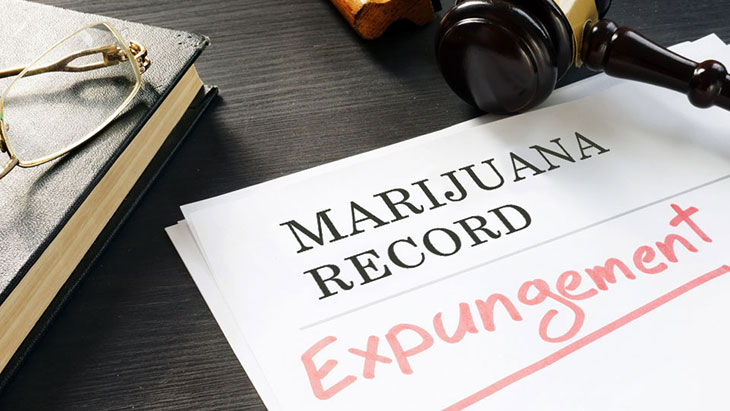
Legislation facilitating the review and expungement of certain marijuana-related convictions is now law in the District of Columbia.
In January, members of the District City Council passed and transmitted to Congress B24-0063: The Second Chance Amendment Act of 2021. After undergoing an obligatory Congressional review process, the measure became law — effective March 10th.
The Act provides for the automatic review and expungement of any convictions or citations specific to marijuana-related offenses that have subsequently been decriminalized or legalized in the District of Columbia. It requires all cannabis-specific expungements to be processed by the courts by January 1, 2025.
District voters legalized the limited possession and home cultivation of cannabis via the passage of a municipal initiative in 2014. The following year, marijuana-related arrests in the District fell some 99 percent. However, prior to the law’s adoption, DC had one of the nation’s highest per capita arrest rates for marijuana-related offenses — averaging one arrest every two hours.
NORML’s Deputy Director Paul Armentano praised the passage of the new law. “Thousands of DC residents unduly carry the burden and stigma of a past conviction for behavior that District lawmakers, most Americans, and a growing number of states, no longer consider to be a crime,” he said. “Our sense of justice and our principles of fairness demand that the courts move swiftly to right the past wrongs of cannabis prohibition and criminalization.”
The Second Chance Amendment Act is similar to laws passed recently in several other states providing for the review and expunging of eligible cannabis-related convictions. As a result of the enactment of these laws, NORML estimates that state and local officials have issued over 100,000 pardons and more than 1.7 million marijuana-related expungements since 2018.
Additional information regarding marijuana-related expungements is available in NORML’s report, Marijuana Pardons and Expungements: By the Numbers.
Related
Medical Disclaimer:
The information provided in these blog posts is intended for general informational and educational purposes only. It is not a substitute for professional medical advice, diagnosis, or treatment. Always seek the advice of your physician or other qualified healthcare provider with any questions you may have regarding a medical condition. The use of any information provided in these blog posts is solely at your own risk. The authors and the website do not recommend or endorse any specific products, treatments, or procedures mentioned. Reliance on any information in these blog posts is solely at your own discretion.






